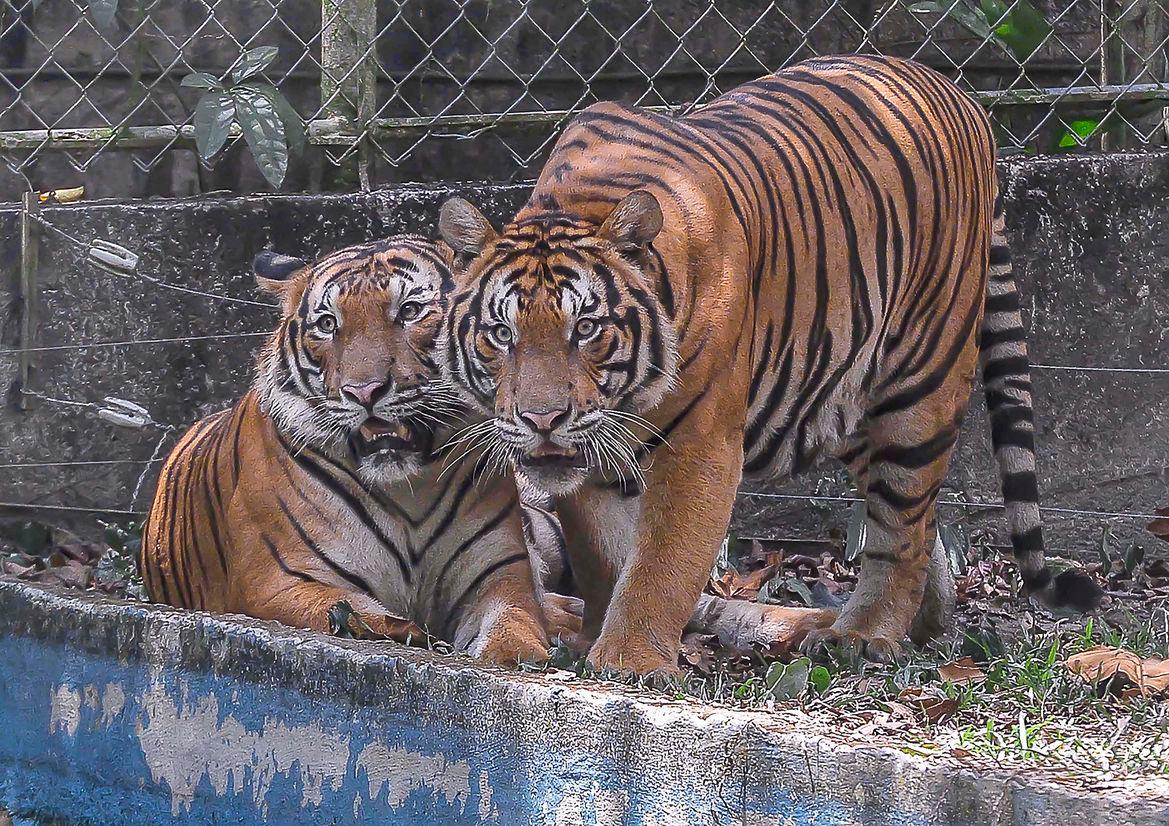PETALING JAYA: Malaysia’s most iconic wildlife – from the elusive Malayan tiger to the Bornean orangutan and marine turtles – are facing a climate-fuelled crisis that could wipe them out in the wild unless urgent action is taken, warned WWF-Malaysia.
“Climate change is compounding every existing threat – poaching, habitat loss, unsustainable development – pushing our wildlife closer to extinction,” said its senior conservation director Dr Henry Chan.
“We are running out of time to protect the very ecosystems that keep these species alive.”
The critically endangered Malayan tiger, already besieged by poaching and shrinking forests, now faces added pressures from droughts, forest fires and shifting rainfall patterns. These changes threaten prey populations and disrupt fruiting and flowering cycles, forcing tigers to stray closer to Orang Asli villages in search of food.
“Fragmented habitat corridors could further isolate small populations, making breeding and genetic diversity harder to sustain,” Chan explained. WWF-Malaysia is working with community rangers in the Belum-Temengor forest complex to restore corridors and remove snares.
“Reconnecting forests and protecting prey species are critical if the Malayan tiger is to survive the next decade.”
In Sarawak, orangutans in the low-lying peat swamps of Sebuyau, Sedilu and Gunung Lesong face rising seas that could drown feeding grounds and sever travel routes. Drought adds another peril, that of peat fires. In August, fires scorched Mukah’s peatlands, an area without orangutans but with similar soils.
“A single major fire could wipe out entire groups overnight. Erratic rainfall is also disrupting fruiting cycles, leaving food scarce.
“Unpredictable weather is making survival more uncertain each year. Without urgent action, Sarawak risks losing one of its most iconic species within our lifetime.”
WWF data shows orangutan numbers in isolated forest patches within Sabah’s palm oil estates plunged by up to 30% between 2002 and 2017, underscoring the urgency of wildlife corridors. Marine turtles are equally at risk.
“Warmer sand temperatures are skewing hatchling sex ratios heavily toward females, jeopardising future breeding. Stronger storms and rising seas are eroding nesting beaches, while coral bleaching has reduced sponges, the main food source for hawksbills.
“A disrupted food chain and vanishing nesting grounds could destabilise entire populations,” he warned.
Chan stressed that much stronger action is needed to safeguard rainforests, mangroves and coral reefs – the country’s natural defences against climate change.
He said WWF-Malaysia has identified key priorities that must be accelerated:
- reconnect fragmented habitats through ecological networks such as the Central Forest Spine;
- protect and restore peatlands and mangroves as carbon sinks and coastal shields;
- rehabilitate degraded river-basin forests to secure water supplies;
- expand marine protected areas;
- strengthen sustainable fisheries and empower local communities;
- enhance enforcement with drones, camera traps and eDNA monitoring; and
- promote deforestation-free supply chains and incentivise conservation among landowners and indigenous groups.
One success story, Chan noted, is the “Reef Stars” project in Sabah’s Tun Mustapha Park, where more than 22,500 coral fragments from over 30 species have been restored through 1,620 reef frames.
He said the result saw live coral cover increased by nearly 10% and fish biomass surged 20-fold within just six months.









